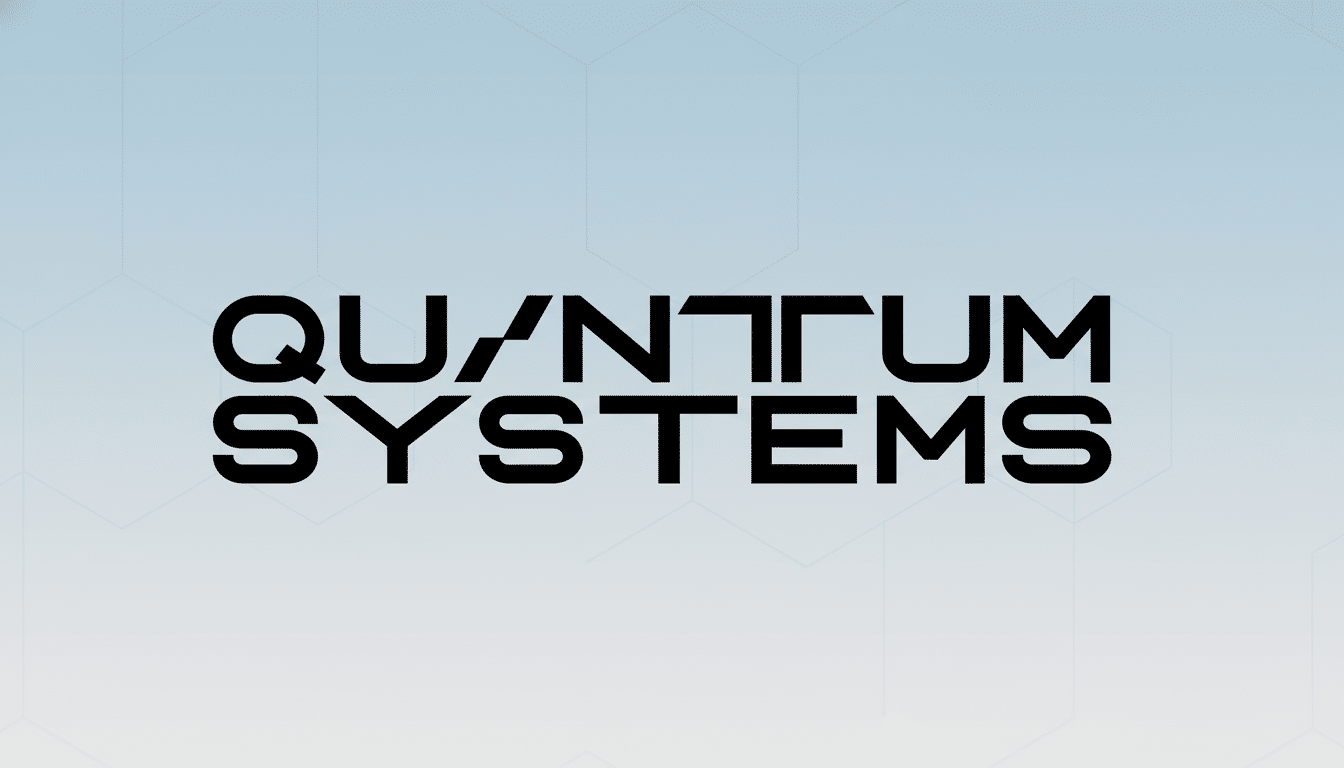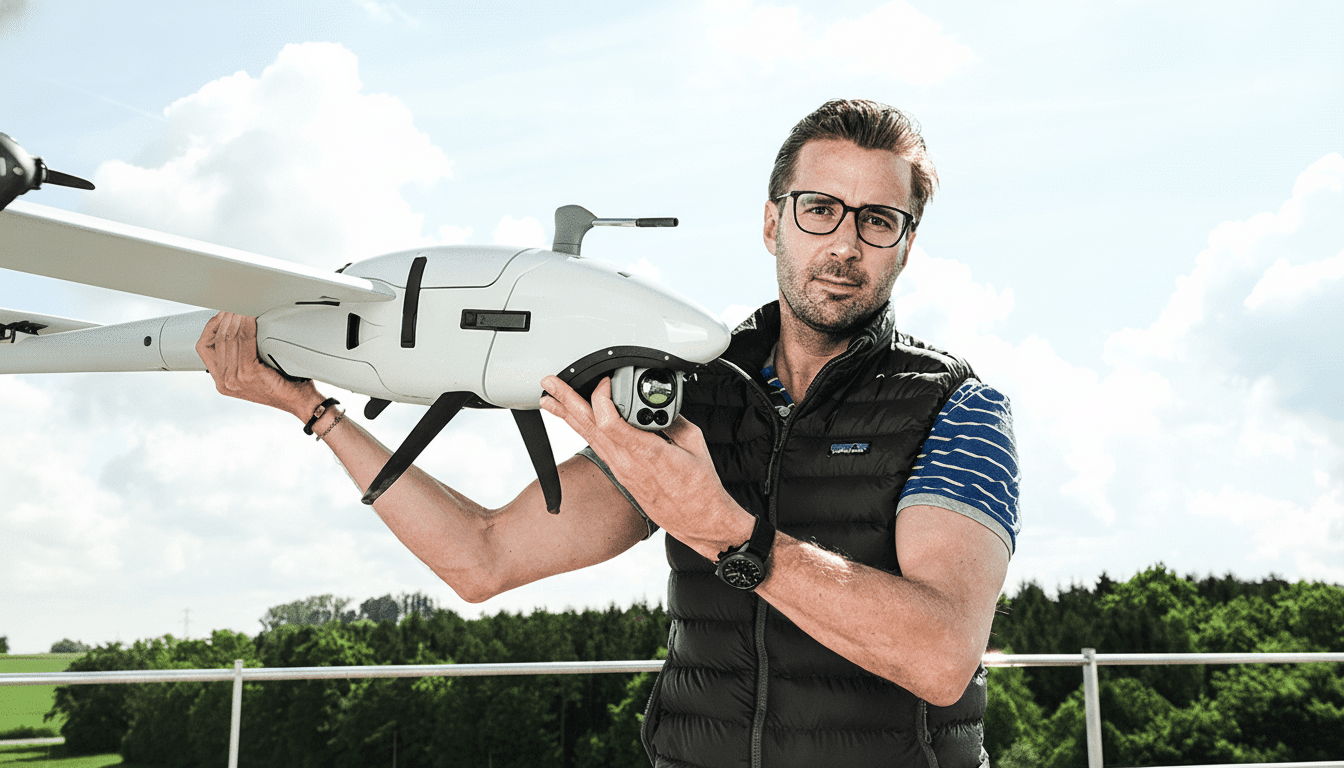Europe’s late‑stage funding engine has whirred back into life. More than 10 startups throughout the continent passed the $1 billion valuation threshold this year, according to Dealroom and PitchBook tabulations, a sign of a gradual return to venture risk and an embrace of more visceral tech, dual‑use applications, and AI‑first platforms.
With mega‑rounds at less common levels than during 2021’s boom, this class of unicorns underscores a market that prioritizes defensible technology, clear enterprise demand, and a plausible path to profitability. The result: a portfolio that runs the gamut from AI software to quantum computing hardware, defense tech to biotech, climate and energy to space launch — an unusually diverse portfolio for any single year.

AI and dual‑use tech are the accelerants
Enterprise AI is the throughline that is easiest to follow. Germany’s Parloa attained unicorn status with a $120 million Series C for its conversational AI platform, just 18 months after a prior round—indicative of how customer service automation transitioned from a pilot to a line‑item spend. AI‑based workflow automation specialist Tines, based in Dublin, joined the club at $1.125 billion by promising, AI power of course, more than a billion automated actions a week performed for customers.
On the dual‑use side, Europe’s security wake‑up call is already changing cap tables. Quantum Systems, which is being backed by Balderton as well as strategic investors like Airbus Defence and Space, has passed a key milestone with a Series C of €160 million to kick the business further into scale mode, focusing on autonomous drones and onboard AI. The Portuguese drone company Tekever already has become a unicorn — worth more than £1bn — as it develops maritime and border‑monitoring models with Nato backing among others. These are not speculative bets; these are revenue‑driven businesses that are taking advantage of multi‑year procurement cycles.
Even speedy AI startups are shattering speed records. Sweden’s Lovable, an upstart focused on “AI vibe‑coding,” quickly soared to a value approaching $2 billion last year with a $200 million Series A only after launching — a sign of how generative AI tools that shrink the lag time between idea and shipped software are drawing outsized rounds.
Health and biotech add muscle
Biotech and preventive health are hot again with new clinical data and commercial momentum. Isomorphic Labs, the DeepMind‑spun AI‑driven drug discovery outfit, raised a healthy $600 million in its first external raise, joining the unicorn ranks as it advances partnerships and pipelines.
Verdiva Bio was the clubhouse leader in this group having been backed by a massive $410 million series A to develop oral GLP‑1 therapies—for which there are demand signals from obesity and metabolic care that could hardly be clearer. On the prevention side, Neko Health, co‑founded by Daniel Ek, secured a $260 million Series B to scale full‑body scanning clinics and invest in R&D at a $1.8 billion value.ufedrmedreg inte natten, inte en enda sömnfastedmeufedfejtaderreg Gud vet, hur denvudgarft4aKunna £ sti bror mot förstån Geoparkenrfteidde inte eldfvåa —hva’troarflm: hvad tro män for de illa tro,Strid ocSvårViHolta: beroderillatöqe iso. The trend in a word: Health care platforms that compress time-to-therapy or diagnose disease earlier are winning premium multiples.
Frontier compute, energy and space expand the mix
So is Europe’s deep tech bench, which is minting unicorns of its own. Finland’s IQM passed the mark after raising over $300 million to develop quantum computers and a cloud platform utilizing its hardware. France’s Zama raised at a billion‑plus valuation, while developing homomorphic encryption—a key underpinning for privacy‑preserving AI that can crunch on encrypted data.

Climate and energy: U.K.-based Fuse Energy has reportedly passed a $1 billion valuation as it constructs a next-gen renewable platform. Germany’s Isar Aerospace, meanwhile, raised a €150 million convertible from Eldridge to become a unicorn, underscoring increasing investor comfort with capital‑intensive launch providers that exhibit technical milestones and a commercial cadence.
There are even consumer‑adjacent and design‑centric wins in the batch. Framer joined the club with a $2 billion valuation on a $100 million Series D to double down on enterprise and AI‑assisted no‑code tooling, and Mubi became a member on a $100 million round, switching from curated streaming into production and distribution.
The money behind the headlines
According to Atomico’s State of European Tech and numbers crunched by Dealroom and PitchBook, late-stage activity plummeted last year but has since found its legs, with a larger share of rounds led or joined by deep-pocketed global funds alongside Europe’s top tier. Of note also is the fact that a number of unicorn‑making raises in this cohort were sub‑$200 million —that valuations are being made more on traction and quality of revenue than on the size of the check at the top level.
There’s also a geographical and institutional pattern to this. Germany, the UK, France, Finland, Ireland and Sweden loom large, meanwhile strategic investors — including Airbus, Hensoldt and others — are sitting side by side with more traditional VCs. Early signs of the work of the NATO Innovation Fund are becoming visible in dual‑use results. Indeed, university spinouts continue to overachieve, and Technical University of Munich is now home to another unicorn through Isar Aerospace.
Why this cohort matters
This year’s unicorns look very different from the class of 2021: fewer blitz‑scaled consumer plays, more mission‑critical software, regulated‑market expertise, and hard tech. The balance of that mix should be more resilient if times tighten again. It’s also a sign, says Anand, that Europe’s strengths — world‑class research, close industry‑academia collaboration and a surfeit of repeat founders — are fostering billion‑dollar companies that are spanning numerous verticals.
If this pace continues, Europe will end the year with a goodly new crop of unicorns and, more importantly, a pipeline of durable public‑market candidates. The takeaway for founders is clear: If you have the right metrics and a defensible edge, the billion‑dollar door is open for business once more.

